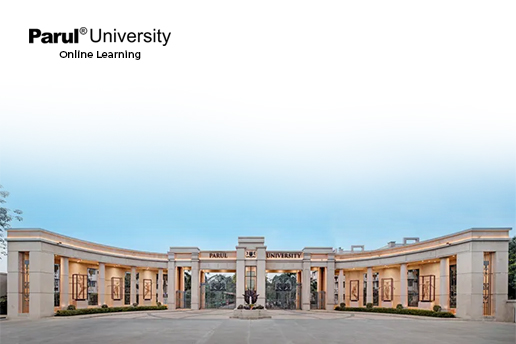Picture this: you walk into a room full of executives, and without even saying a word, you command attention. Your presence alone exudes confidence and professionalism. That’s executive presence – the elusive quality that can make you stand out from the rest. But fear not! We’ve got you covered with our top 10 tips for developing an executive presence that will have everyone looking to you as a leader.
10 Tips for Developing Executive Presence
When it comes to developing this intangible skill, the most important thing is to be aware of the impact that your words and actions have on those around you. It’s not enough to simply be competent in your job – you also need to be able to project confidence, authority, and charisma. Here are a few tips for doing just that:
-
Be aware of your body language:
Your posture, facial expressions, and hand gestures all send strong messages about your confidence level and attitude. Make sure that you’re conveying the message you want to send with your body language.
-
Speak with authority:
This doesn’t mean being loud or bossy, but instead using confident language when you speak. Use strong verbs and avoid filler words like “um” or “like.”
-
Make eye contact:
When you’re speaking with someone, make sure to maintain eye contact throughout the conversation. This shows that you’re interested in what they say and helps build trust.
-
Listen more than you speak:
One of the best ways to show that you’re a competent leader is to listen more than you speak. Not only will this help you gather information, but it also shows respect for others’ opinions.
-
Be decisive:
When it comes time to make decisions, don’t hesitate – show that you’re confident in your ability to lead by making quick, well-informed decisions.
-
Be prepared:
Always come to meetings and presentations with the information you need to succeed. Show that you’re organized and ready to take on any challenge.
-
Seek out opportunities:
Seek opportunities to lead and take charge when required. A true leader never shies away from the opportunity to lead the employees of an organisation not only during times of prosperity but also during times of crisis.
-
Be resilient:
No matter how successful your decisions are, it is important to take criticism constructively and not take everything personally. This will show that you have the ability to stay strong in the face of adversity, a trait that is essential for any leader.
-
Be mindful of your tone:
The tone is just as important as what you say, so make sure that it matches the message you’re trying to convey. A calm and confident tone can help people see you as an authority figure that is worthy of respect.
-
Practice, practice, practice!:
The best way to develop your executive presence is to practice, practice, and practice wholeheartedly. Try out different techniques in different situations and take note of what works for you. With a little effort, you’ll be able to develop this skill that will help you impress everyone around you.
Importance of Having Executive Presence
Having executive presence is an essential quality for anyone who wants to become a leader or has influence in the workplace. It conveys confidence, authority, and charm. It’s not just about what you say or do—it’s also about how you carry yourself and how you come across to others. Having a strong presence can help people trust and respect your decisions, which will ultimately lead to better outcomes for everyone involved. It can also help you get noticed by higher-ups and expand your career opportunities. In short, having this intangible quality can be the difference between success and failure in the corporate world.
Future Leader Programme by Deakin University, Australia & KPMG in India Helps You Develop Executive Presence
The Future Leader Programme is a 6-month programme designed to develop the next generation of leaders in India. The programme is conducted by KPMG in India, in association with Deakin University, Australia.
This programme provides participants with the opportunity to develop their leadership skills through a combination of academic study and real-world experiences. Participants will also have access to mentoring and support from both KPMG and Deakin University throughout the programme.
Upon successful completion of the programme, participants will be awarded a certification from Deakin University. This internationally recognised qualification will equip participants with the skills and knowledge required to take on senior leadership roles within global organisations.
Conclusion
Developing executive presence is an important factor in achieving success. It can be intimidating at first, but with a few simple tips and techniques, you can hone your own presence and stand out from the crowd. The top 10 tips we have outlined here are designed to help you achieve your goals and make a lasting impression on those around you. With some practice and dedication, developing your executive presence will become second nature!






